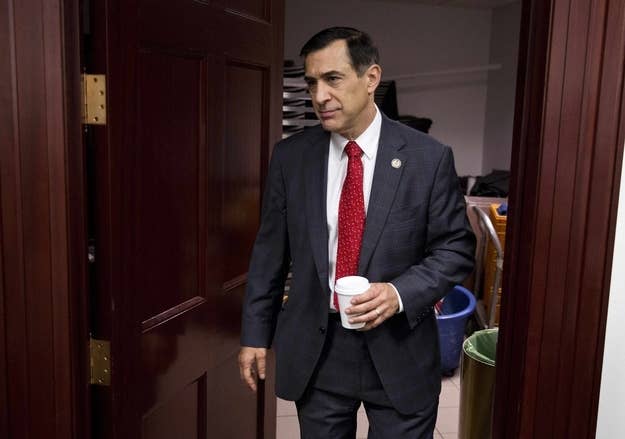
WASHINGTON — As the automatic federal spending cuts known as the "sequester" near, there has been little sound or fury recently from those government contractors who stand to lose the most.
The cuts, which are set to take effect March 1, would trim $1.2 trillion from the federal budget over ten years, roughly half of that from defense spending.
Before Congress extended the sequester deadline from Jan. 1 to March 1, defense contractors saw the sequester as a call to arms and placed immense pressure on lawmakers to find a solution. Now, the discourse has assumed a new tone of resignation and wariness.
"Everyone feels an obligation to say, 'Don't let sequestration happen,'" said Rep. Darrell Issa, who hails from a district in San Diego with strong ties to the military. "But the same contractor who says, 'Don't let sequestration happen,' in the absence of sequestration...might see, instead of his or her program cut by 10 or 20 percent, might see their program eliminated. So, although people are saying 'please don't do sequestration,' they're really saying, 'please don't do sequestration or cut my program.' That's the dirty little secret behind sequestration."
Lawmakers continue to meet with parties concerned about the sequester, congressional aides confirmed — but the discussions are used primarily to express worries, not to suggest or push for specific outcomes.
"They don't have to," a House Republican aide explained. "They know we're doing our utmost to turn it off."
But the most acute obstacle to averting the sequester is an unspoken understanding in both parties that the political motivation to find an alternative will be greater after the cuts begin to take effect.
"Going into the sequester for a couple weeks, that's going to open people's eyes and it's going to change people's hearts," the aide said. "It will soften lines on both the Republican and Democratic side."
